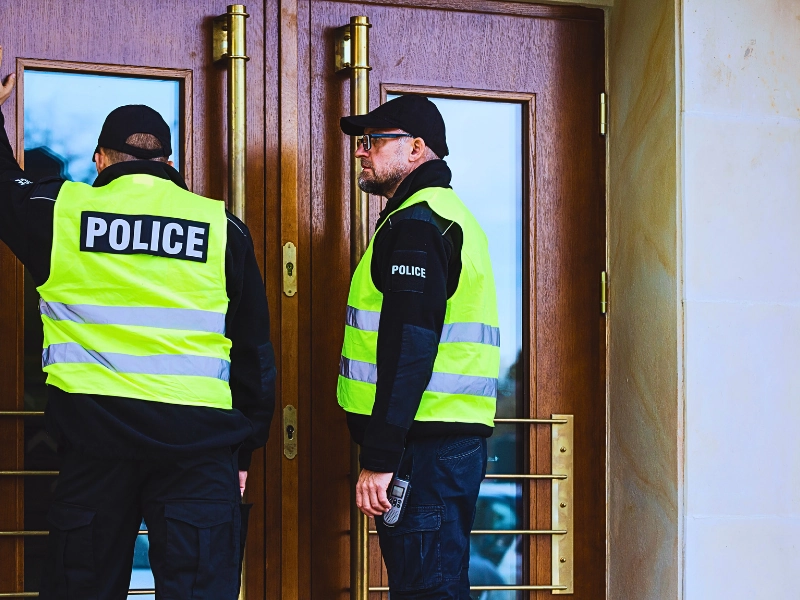Minnesota law enforcement received word that three men had gotten into a truck at a Mississippi River boat launch. According to MPR News, officers arrived on the scene to find the truck hanging on the boat ramp and a man stumbling around in his underwear. The man refused to take a chemical test but admitted that he had been drinking. Because he refused to take the test, he was charged with driving under the influence.
Implied consent and warrants
Minnesota’s implied consent law states that anyone who refuses a DUI test is breaking the law. The man challenged his criminal charge, arguing that the state’s law is unconstitutional. The district court ruled against him, and he appealed to the state’s Court of Appeals, which also rejected his argument.
This law has come into question many times as defendants, such as the man in this case, argue a warrantless search violates the Fourth Amendment of the U.S. Constitution, which protects citizens from unnecessary searches. As a general rule, law enforcement are required to obtain a warrant to search a person or place when there is probable cause to believe a crime has occurred. There are exceptions, such as if there is an item in plain view, or in an emergency, when law enforcement believe that waiting to get a warrant would jeopardize public safety or cause a loss of evidence.
In 2012, the U.S. Supreme Court issued a ruling that upheld the decision of a Missouri trial court to suppress a blood test in a case in which an officer forced a man accused of drunk driving charges to submit to the test. The nation’s highest court deemed that because it did not appear there was an emergency situation, there was no need to rush the blood test.
Looking ahead
The case of the Minnesota man has moved on to the Minnesota Supreme Court, where the StarTribune reports justices are again questioning the constitutionality of the state’s implied consent law. Four of the justices have asked if law enforcement could simply obtain a warrant prior to DUI testing. The assistant district attorney pointed out that doing so could mean applying for upward of 25,000 warrants, as law enforcement arrested nearly that many people on suspicion of DUI in 2012.
During the hearing, the man’s attorney noted that Minnesota is one of only 11 states that criminalize the refusal of a chemical test, despite all 50 states having an implied consent law. The Minnesota Supreme Court is expected to rule on the case in the next few months.
Driving under the influence of alcohol or another controlled substance can open the door to serious criminal charges and penalties. Anyone with questions regarding Minnesota’s DUI laws should consult with an attorney.






